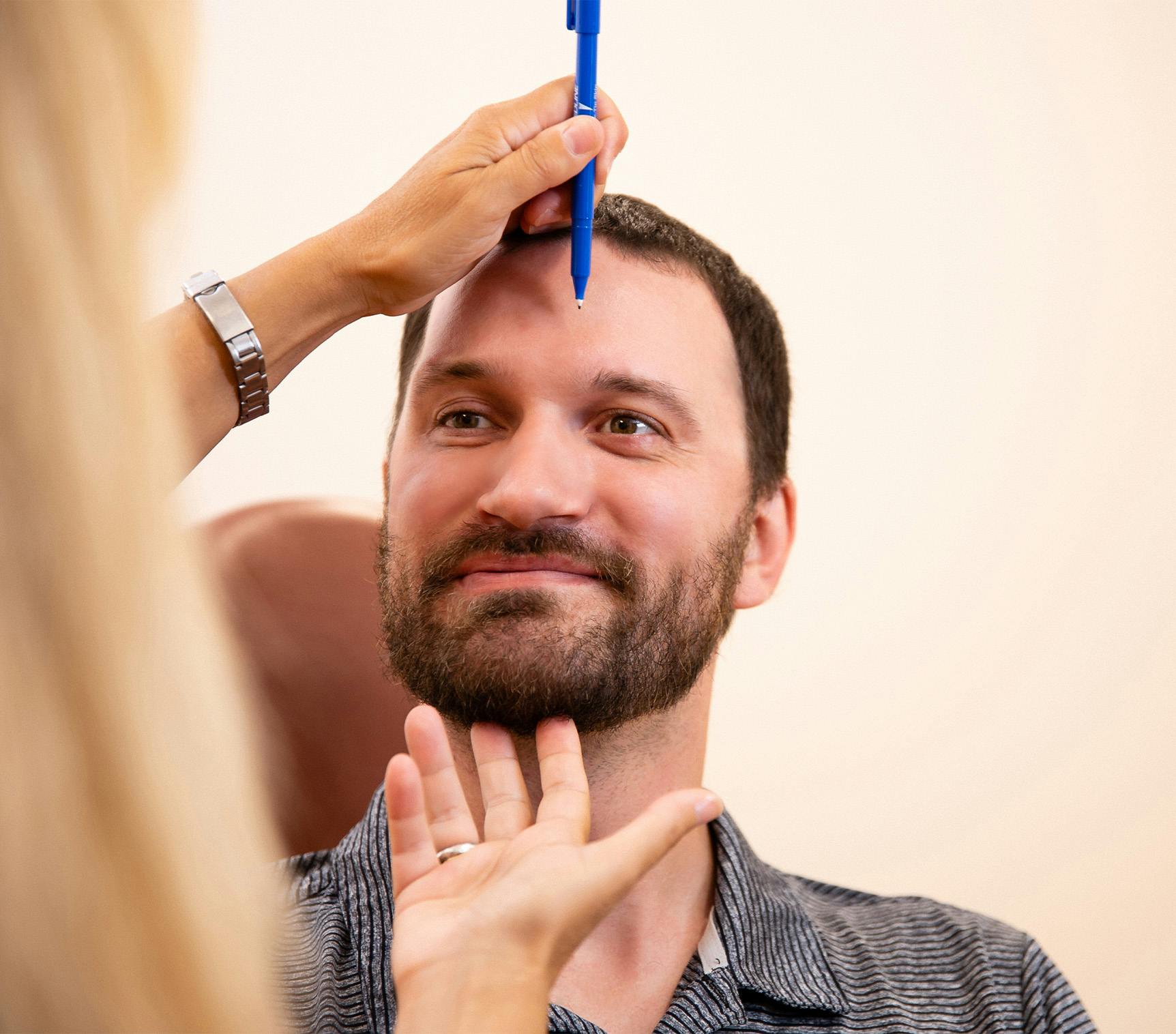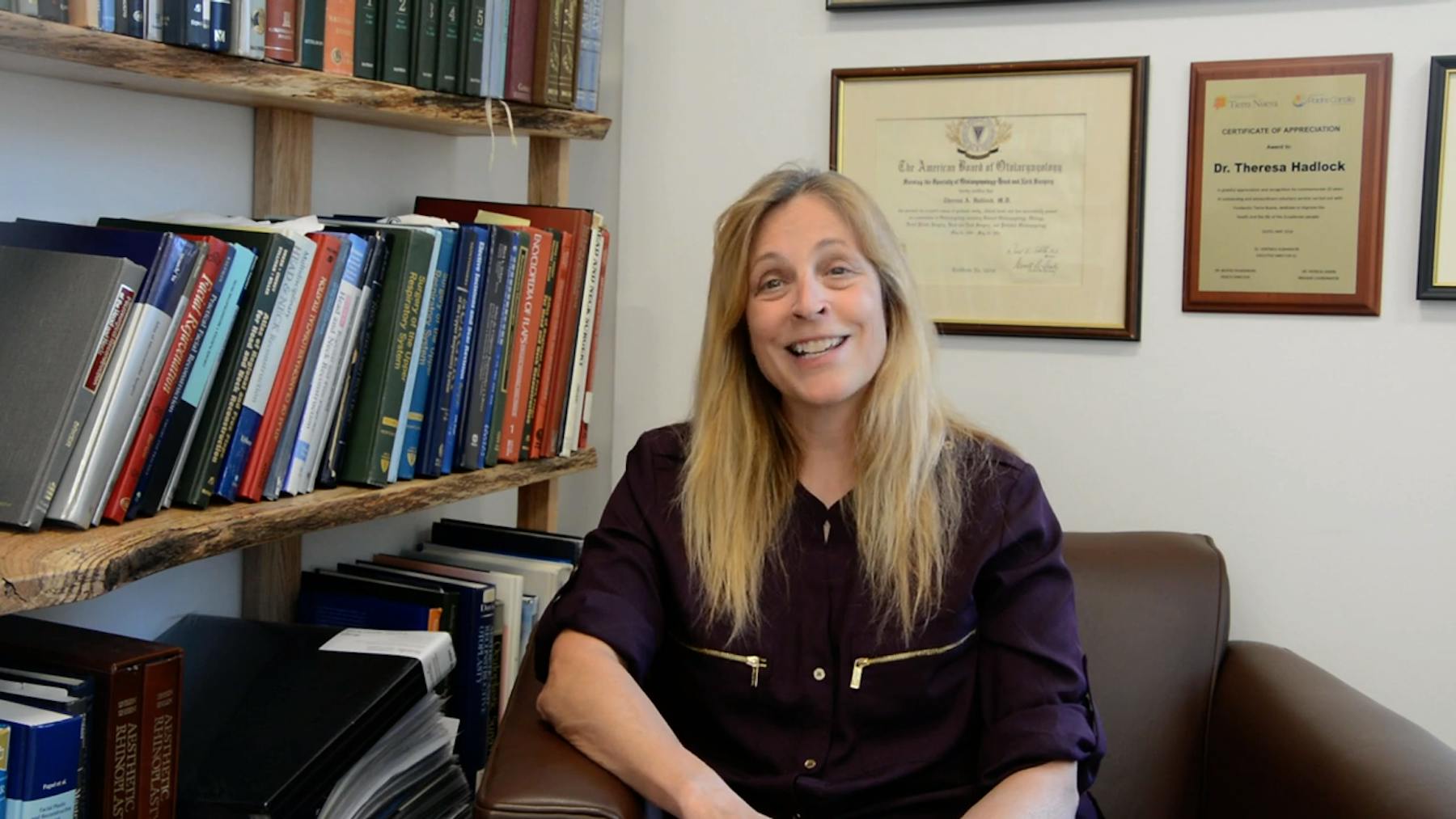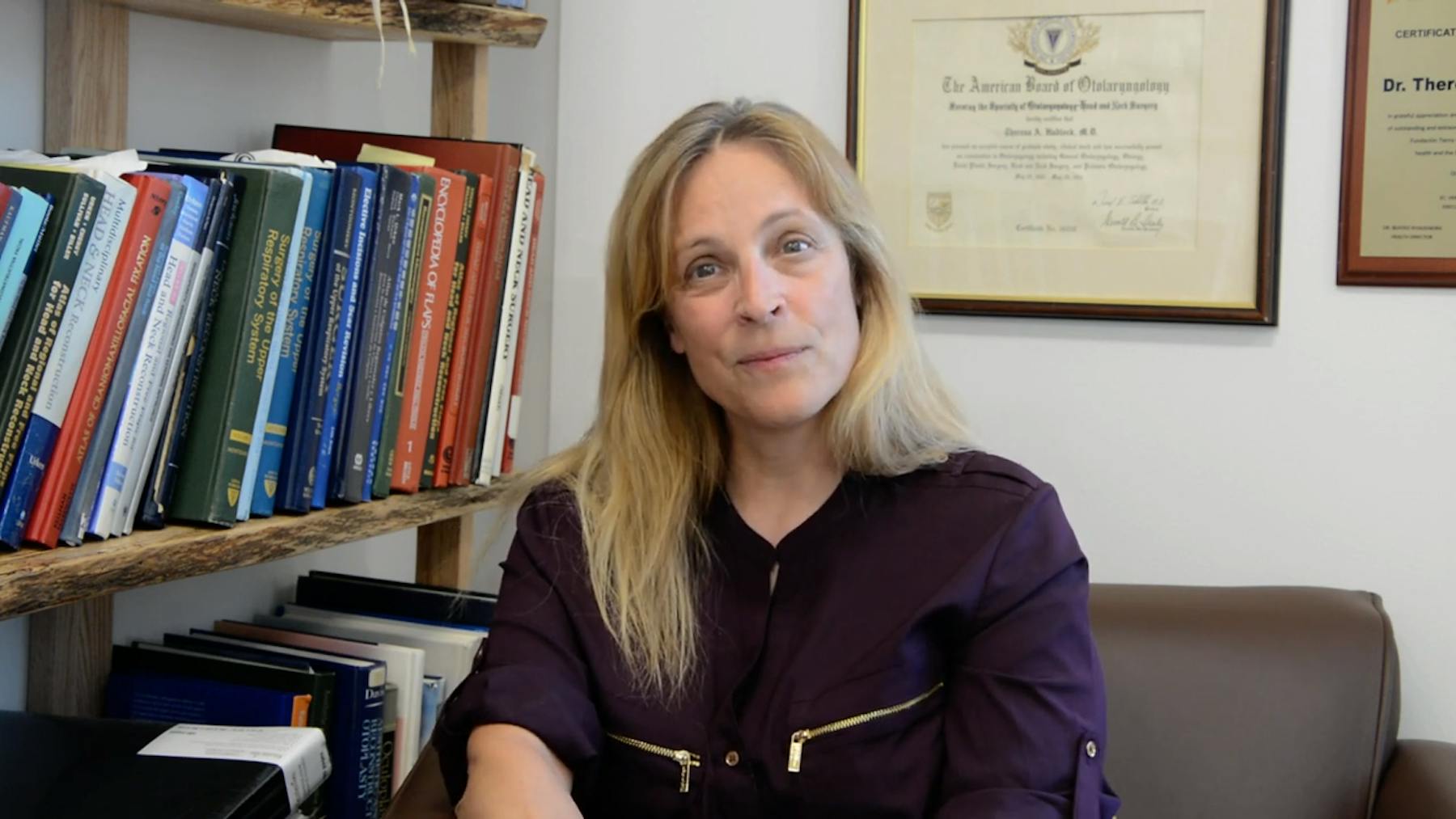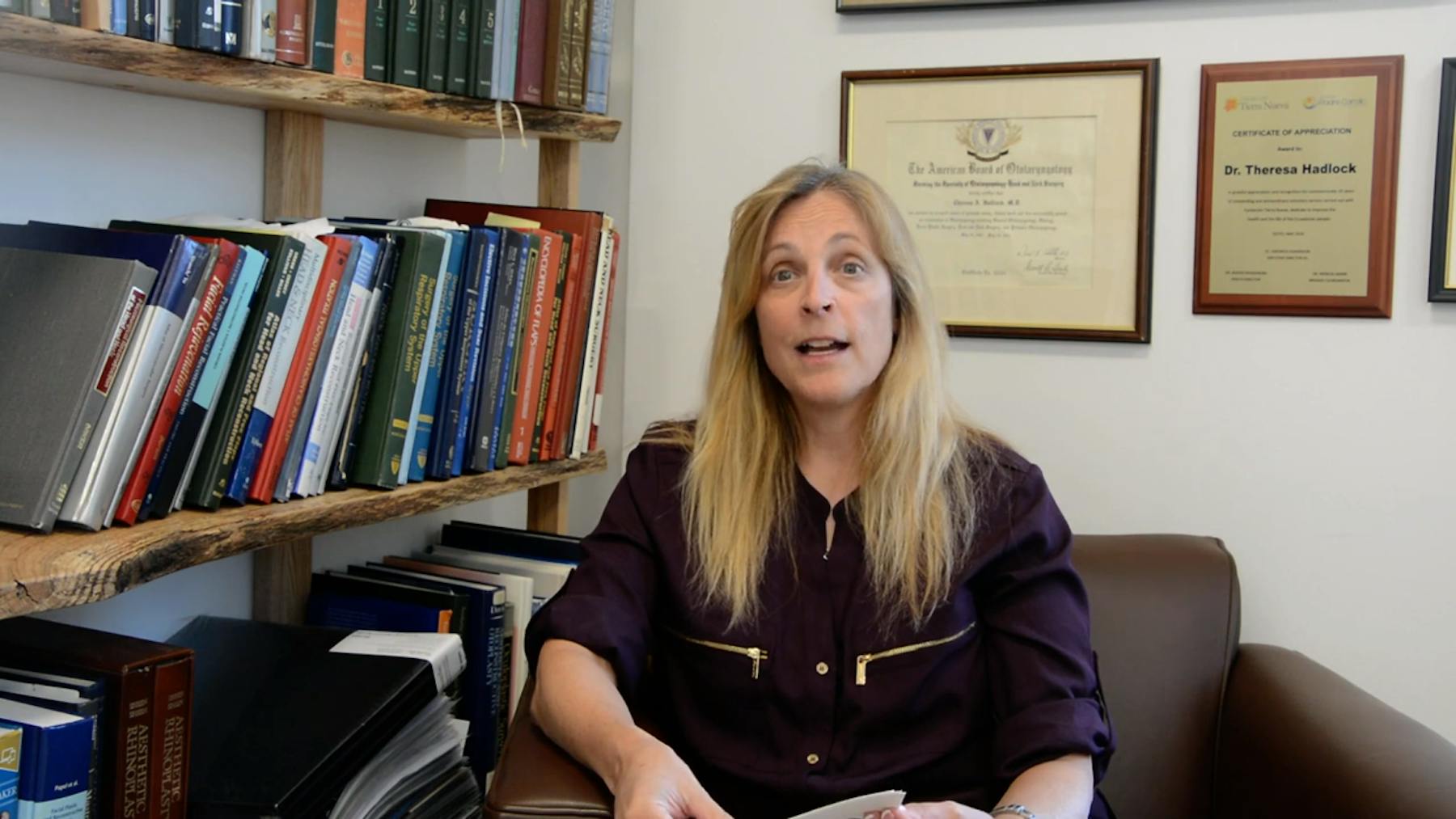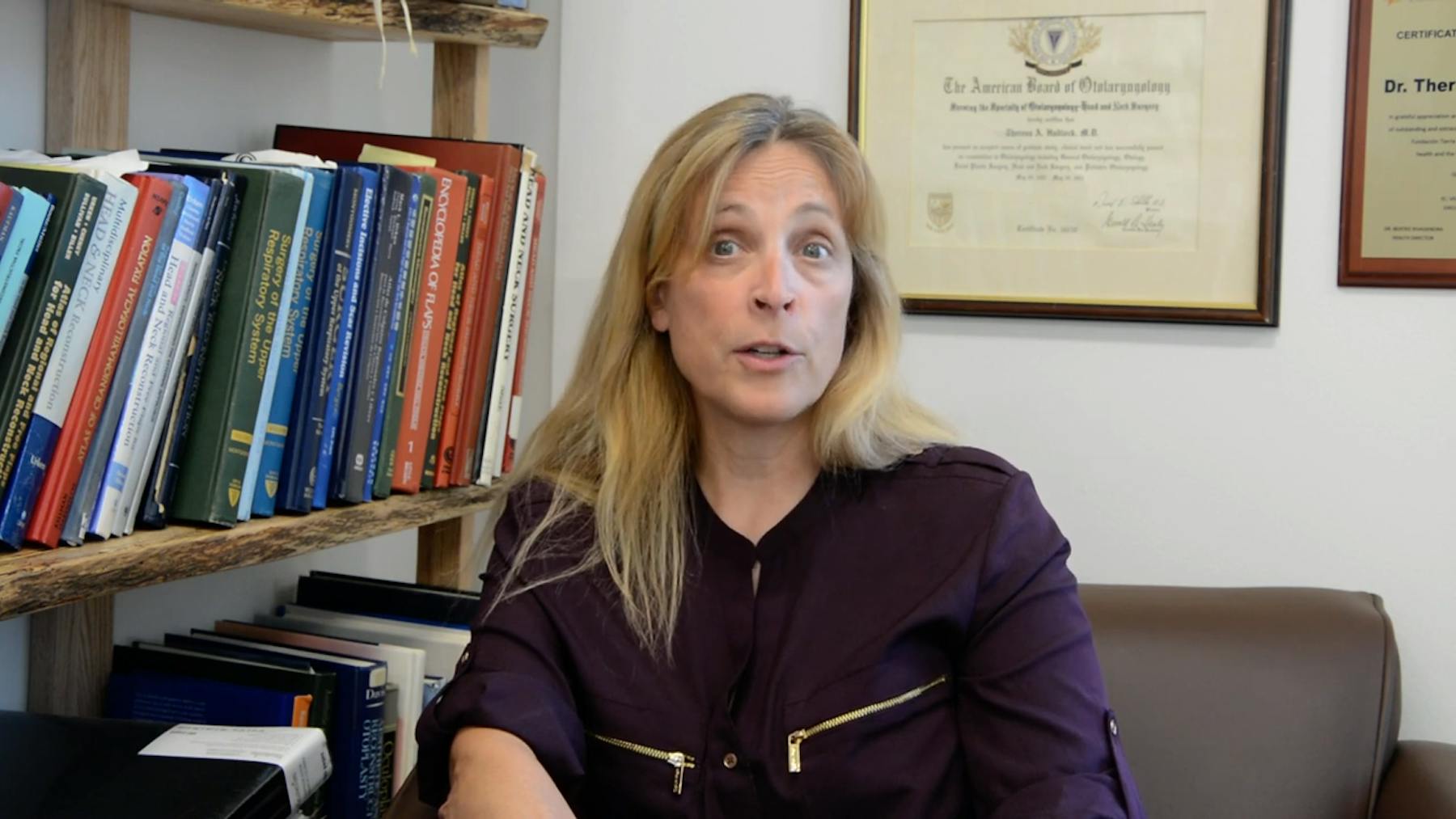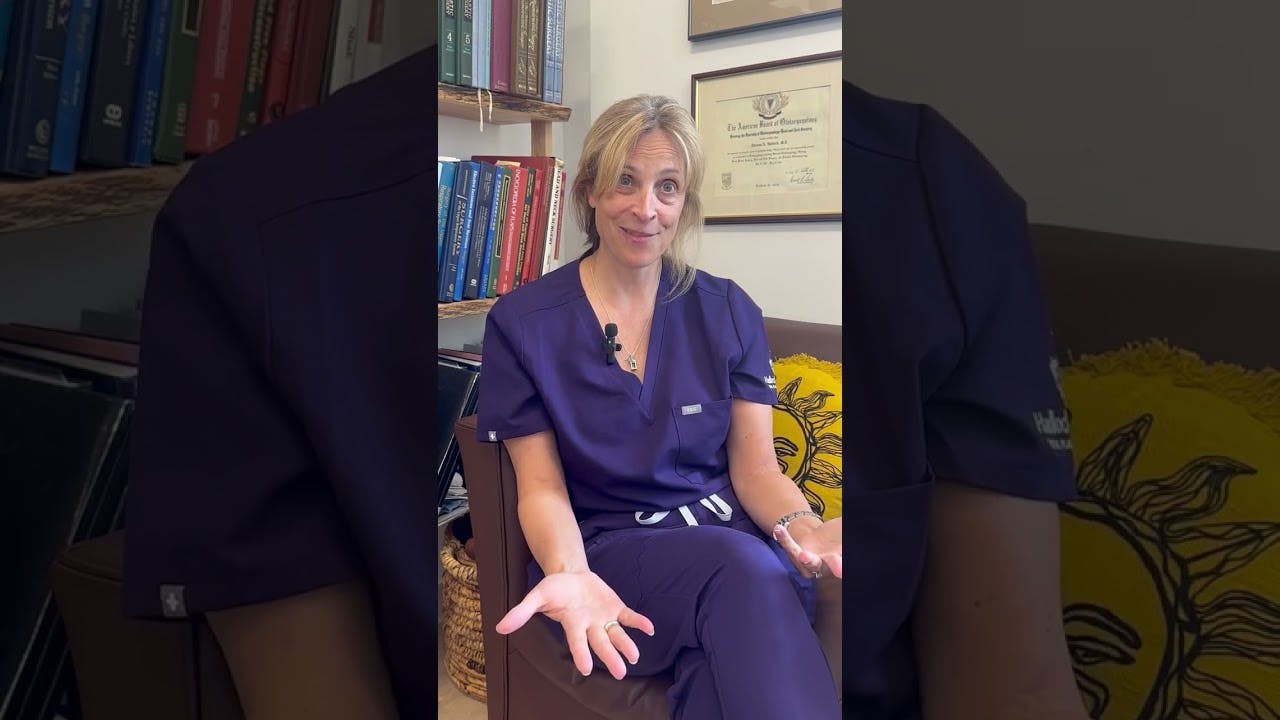Facial paralysis is a medical condition impacting thousands of individuals worldwide. This condition presents varying degrees of loss of facial muscle movements or the inability to make facial expressions. Hadlock Facial Plastic Surgery proudly offers a solution for patients experiencing facial drooping in Boston.
Types of facial paralysis
- Congenital facial paralysis
- Bilateral facial paralysis
- Facial paralysis after stroke
- Bell’s Palsy
- Ramsay Hunt Syndrome
- Facial drooping
- Facial tumors
- Facial trauma related

